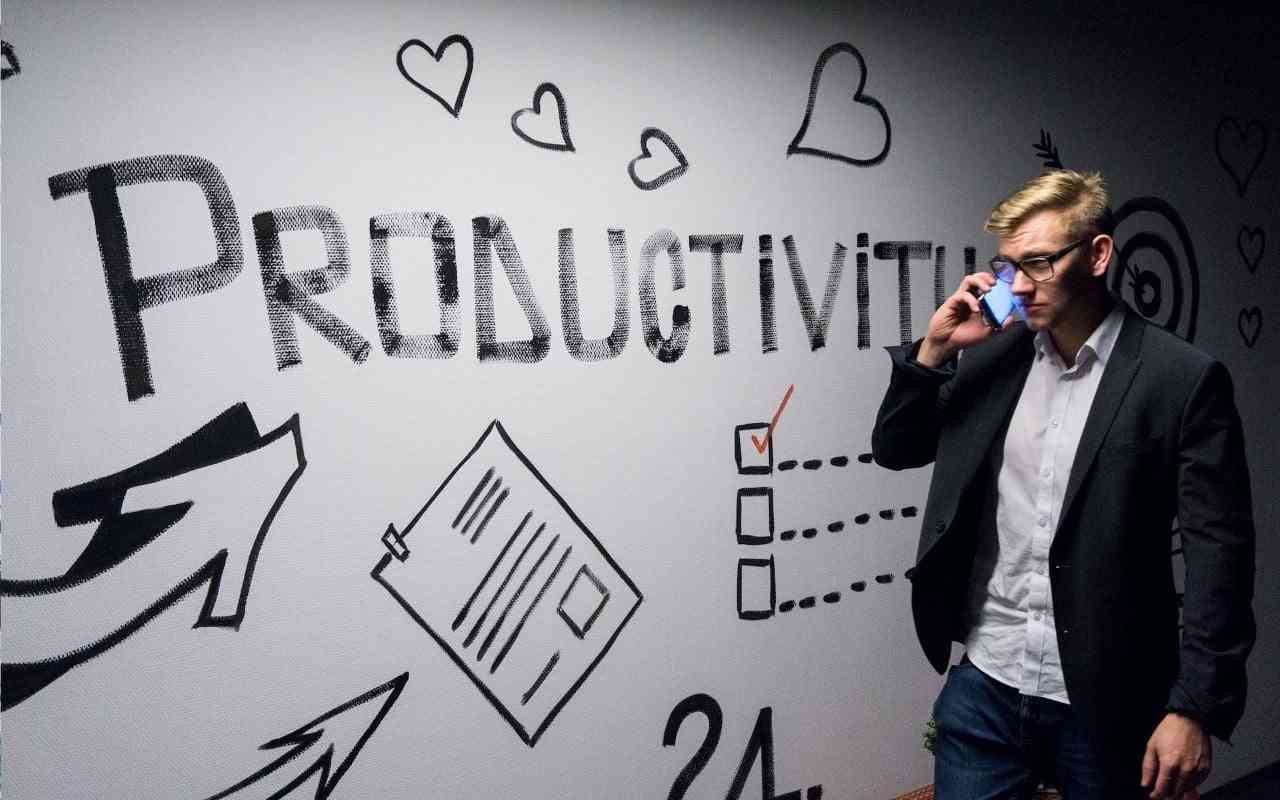Mental health and productivity go hand in hand. It is even more critical for employees to take care of themselves now that some businesses allow hybrid or full-time work from home. The most prevalent signs of poor mental health are burnout, anxiety, and depression. Boost your mental and physical well-being with these five strategies.
Find Your Passion
Love for what you do is invaluable. Be enthusiastic about your chosen career path. The two most potent neurotransmitters in the brain, dopamine, and oxytocin, are released when someone is truly invested in something. The constant flow of energy, attention, and inspiration it provides drives you to maintain your high standards. In the workplace, enthusiasm is more crucial than experience. For instance, for a social worker, their enthusiasm for and openness to challenge is directly correlated with their passion for their profession. Passion for their career may take them to acquire online accredited MSW programs, to advance in their profession. It affects their ability to learn, grow professionally, and solve difficulties, and it can even determine the course of their professional lives. Workers genuinely invested in their work produce measurable and significant gains in productivity over time rather than a temporary spike.
Set Realistic Goals
Almost everyone occasionally wishes for a shift or an enhancement in their circumstances. Setting goals helps improve motivation and bring about the changes you desire. Use it to get healthier, strengthen relationships, and boost workplace output. In addition to seeking treatment, setting and working toward recovery objectives can be helpful for those overcoming mental illness. Common mental health issues, including sadness and anxiety, can exacerbate disabilities in these areas and social interactions. Cognitive-behavioral therapy (CBT) includes goal-setting as a first step toward recovery and restoring quality of life.
Self-Care
One of the most important ways to safeguard your mental health is to silence your critical voice. Self-awareness is learning to monitor one's internal monologue. Negative self-talk is a surefire way to sap your drive, enthusiasm, and originality. That there are no such things as quitters, losers, or failures makes life much more straightforward. Each of you is only a human being, and humans are known to give up and lose sometimes. Winners do not exist, either. We're all just regular people who get lucky and achieve great success every once in a while.
Establish Routine
A regular routine can benefit cognitive processes, physical well-being, and interpersonal connections. By establishing and adhering to routines, workers save mental energy that can be put toward solving more challenging problems or completing more novel activities. Taking up a hobby, establishing a regular wake-up time, or using a timer to help you stay on task are all simple methods to begin establishing a routine. Keeping to a schedule improves mental health and may free up creative energy.
Take a Break
Taking breaks from work every few hours is critical to avoid brain freeze and intensifying sensations of anxiety or fatigue. If your boss permits a break, make sure it is uninterrupted. This is challenging when an office also serves as a kitchen or a bedroom, but a brief stroll in your yard or even through your neighborhood will assist.
Concentration is more difficult when you're worn out and lacking in energy. Your brain will be able to recharge if you get at least eight hours of sleep every night, and you'll be better able to manage anything the office throws at you. It would be best to unwind before bed rather than check your phone or catch up on work. This aids in indicating to your body that it is time to go to bed.
Photo by Andreas Klassen on Unsplash
Follow me down the rabbit hole!
I'm Alice and I live with a dizzying assortment of invisible disabilities, including ADHD and fibromyalgia. I write to raise awareness and end the stigma surrounding mental and chronic illnesses of all kinds.








